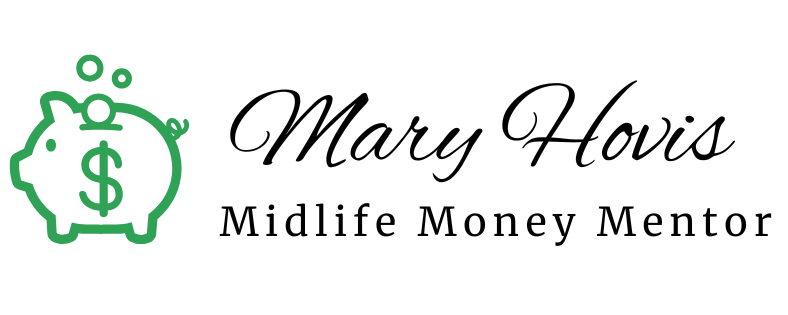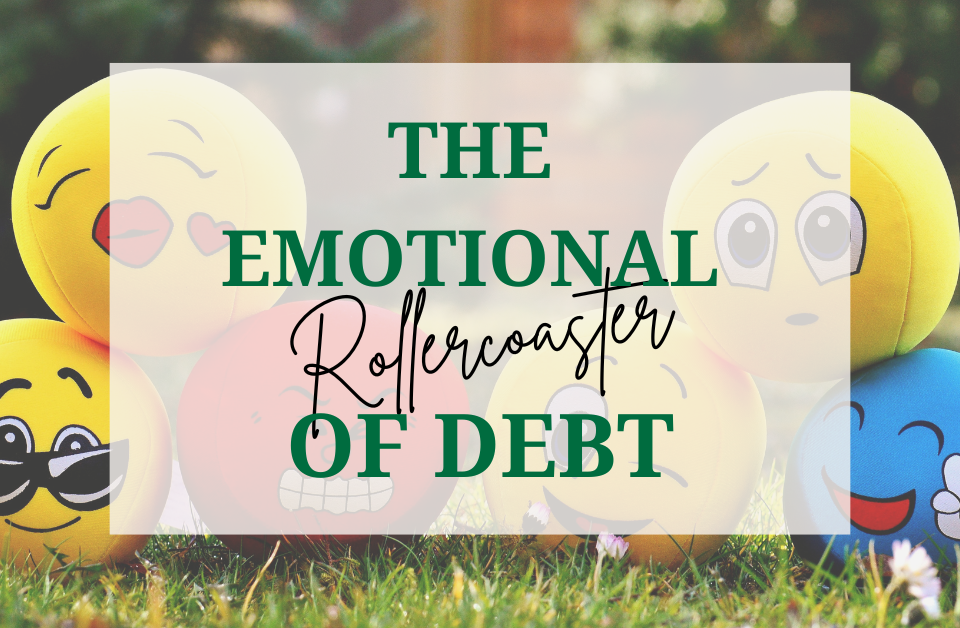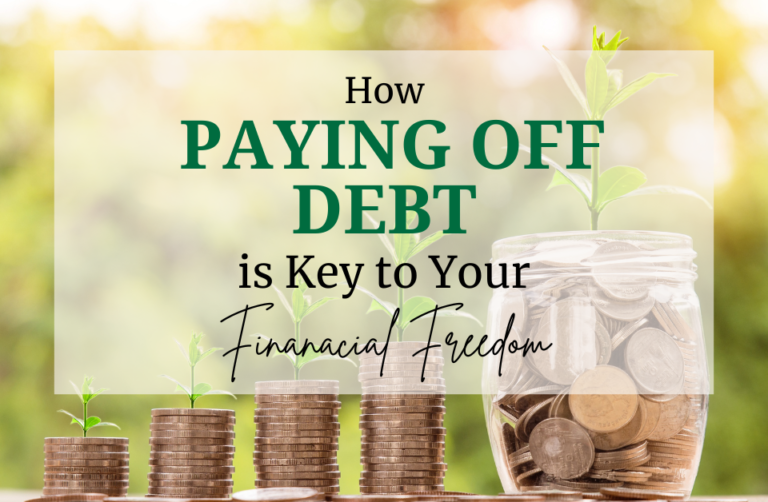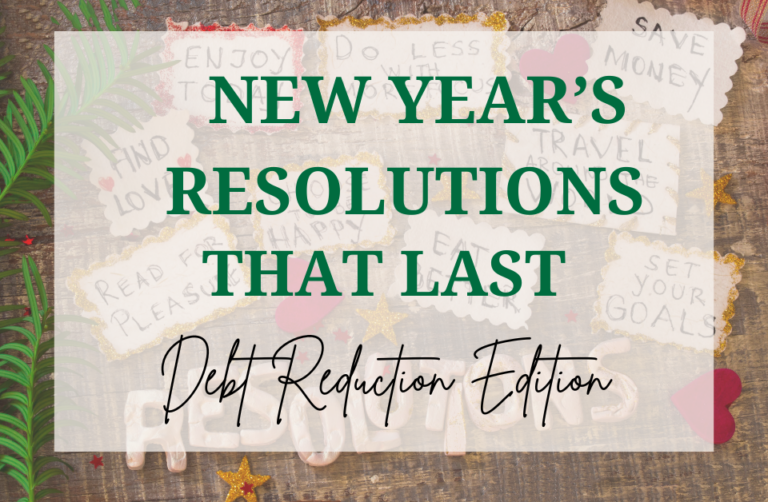Do you ever feel like your finances are spiraling out of control? Trust me, you’re not alone. The emotional toll of debt can feel like a heavy weight dragging you down, and it’s all too easy to get caught in a cycle of shame, fear, and despair. I often find myself thinking, “I should be better at this by now,” or comparing my situation to others who seem to have it all figured out. That knot of anxiety tightening in my stomach every time I open my credit card statements? Have you felt that too?
And honestly, the emotional side of debt is just as tough as the financial one. It can cloud your thinking, make you feel inadequate, and even mess with your relationships. But acknowledging these feelings is a vital step to regaining your peace of mind.
It’s Not Just About the Numbers
It’s totally normal to feel a whole range of not-so-great emotions when we’re dealing with debt. I’ve definitely had my share of worrying about the future, feeling guilty about past spending, and just plain frustrated by the sheer volume of what I owe. These feelings are valid. They’re part of the process. What emotions surface for you when you think about your finances?
There’s a reason debt stirs up such strong feelings. It’s not just about the dollar amount; it’s about the story behind it.
Beyond the Balance Sheet
Let’s unpack some of that emotional baggage that comes with debt. Think about your own story. What got you here?
Maybe it was an unexpected car repair that threw your budget off track, the medical bill you’re still fighting with insurance over, or the pressure to provide for your family during a rough patch. Using credit is so easy when you’re unprepared for life’s curveballs and don’t know how else to handle a situation.
Maybe it was as innocuous as a little of this, a little of that: mindless spending, putting off those important financial decisions, or buying things we wanted without really thinking about whether we could afford them. Those little monthly payments can seem so manageable at the time, but boy, do they add up.

And then there’s the pressure to keep up. Social media, the Joneses, the constant barrage of ads telling us you need this or that – it’s exhausting. It’s easy to overspend if you’re trying to live up to some invisible standard.
It can be tough to say “no,” too. Holidays, birthdays, even just a night out with friends – if you’ve relied on credit to finance these extras, it’s easy to beat yourself up when the bill comes due. Before you know it, you’re stuck in a cycle of “How did I get here?”
But maybe the better question is, “How do I move forward?”
From Blame to Breakthrough
Let’s ditch the self-blame, shall we? Dwelling on what we bought or why isn’t helpful unless we use it to learn and grow. It’s about understanding the root of our spending habits and those sneaky beliefs that keep us stuck.
We need to shift our focus from blame to empowerment. Digging deep can be powerful, but only if it leads to real change. However, it becomes counterproductive if we judge, shame, or otherwise make ourselves feel worse about our predicament. Then, it’s time to stop digging.
My Story (and Maybe Yours Too)
I remember that sinking feeling when I realized just how much credit card debt I had. I felt ashamed, embarrassed, and lost like I was wearing a scarlet letter of “financial failure.”
We’ve all been there: the downward spiral. We feel bad about our debt, so we avoid looking at it, dealing with it, or even knowing the total amount. And what happens? We keep charging, making the situation worse. It’s a vicious cycle.
But then I started asking myself some tough questions. What was driving my spending? Was I using shopping to cope with stress or loneliness? Did I secretly believe I was just “bad with money”? That it was too complicated for me? That I could never achieve financial security? Those questions, as uncomfortable as they were, started to reveal the emotional triggers behind my spending.
Choose Kindness to Yourself
To break free, we need to start with self-compassion. Instead of “should haves” and “if onlys,” let’s try some kinder, more empowering self-talk:
- “My past financial decisions do not define me.”
- “I’m a resilient woman, and I’m building the financial future I want.”
- “I’m learning and growing every day.”
- “I am capable of building a thriving financial future.”
- “I forgive myself and trust my ability to make better choices.”
Shifting Your Perspective on Debt
In addition to self-compassion, another effective strategy for overcoming negative thoughts is reframing. This technique is about changing how you see a situation, a thought, or an emotion. Here are a few examples:
Here are some examples to help you try this technique:
- Instead of thinking, “I’m stuck in this mess,” try thinking, “I’m learning to manage this situation and grow from it.”
- From “I can’t believe I let this happen” to “Debt is a challenge I am actively addressing.”
- From “I’m overwhelmed by my debt” to “I’m breaking down my debt into manageable steps.”
- From “I’m ashamed of my financial situation” to “I’m not alone; many people have overcome debt.”
- From “I’ll never get out of debt” to “I CAN change my financial future.”

Reframing is about shifting your focus from negative self-judgment to constructive and empowering thoughts. It’s a skill that can significantly improve your emotional well-being and resilience.
Taking Action
While these thought exercises can really help you change your feelings, the real magic happens when you take action to change. Action is the antidote to fear.
And remember, you don’t have to embark on this journey alone. Dealing with debt can be isolating. We self-isolate because of feelings of shame or incompetence. You don’t have to go it alone. Talk to a friend, join a support group, or connect with online communities where women share similar experiences. Opening up about your struggles can be incredibly liberating.
It’s okay to start by making small changes. Here are some suggestions to get you started.
- Take a deep breath and review your statements to understand where your money is going. I know it’s not fun, but knowledge is power.
- Start with one small, achievable goal. Pay off that $50 credit card balance, create a simple budget, or even just spend 15 minutes researching debt relief options.
- Celebrate wins. Have you paid off a bill? Did you stick to your budget this week? Think of non-monetary ways to celebrate. Tell a friend, write on your calendar or journal, or do a victory dance. These small wins add up and build momentum, so recognize them.
Hope for the Future
Processing your feelings about debt involves acknowledging, understanding, and ultimately taking action. it’s okay to feel a mix of emotions about your financial situation. Acknowledging your feelings is part of the process.
Remember, you are not defined by your debt. It is merely a part of your journey, not the entirety of your story. With self-compassion, actionable steps, and a supportive community, you can write a new chapter in your story-one that transforms your relationship with money.
As you admit your struggles and seek support, you can begin to forge a hopeful path forward. So, let’s release the shame and embrace this journey together. Remember, paying off debt is a challenge, not a life sentence. Forgive yourself for the past, focus on what you can control today, and take small, consistent steps forward. A brighter future is within reach.
Ready to Dive Deeper?
Want to explore your feelings about debt further? I’ve put together some journal prompts to help you reflect and grow. You can download them by clicking here. Together, we can break free from the emotional toll of debt and build a brighter financial future.
I’d love to hear from you! What emotions are you grappling with regarding your debt? Share in the comments below, and let’s support one another on this journey.




